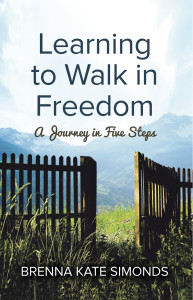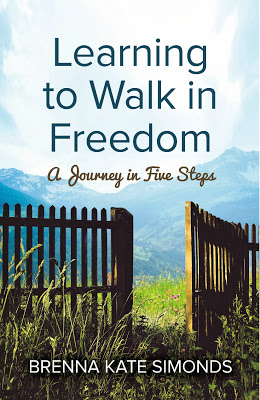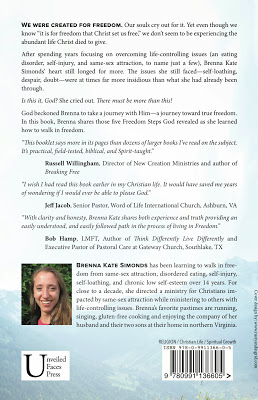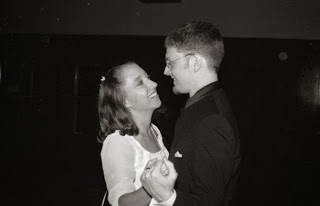I’ve been re-reading Joshua for my next book project (details later!). Reading at least a chapter a day of Scripture really has helped me keep the events in perspective as they relate to one another.
Chapters 7-8 is a slightly painful section of Joshua. After several stories of victory and radical obedience on the way to the Promised Land, Israel loses its battle with Ai. You can read the story here.
Here are some lessons we can gather from the story.
Ask God, Why?
Joshua immediately goes before the Lord. He tears his clothes, falls facedown, and begs God to answer his cries and pardon him.
Often times, we are told that good Christians don’t question God. Just accept His sovereignty and whatever He sends your way. While that can be very good advice at times, there is also wisdom in reminding God of His promises (I’ve blogged about this in one of my most popular posts) and finding out where you might have gone wrong.
James wrote, “If you need wisdom, ask our generous God, and he will give it to you. He will not rebuke you for asking (1:5, NLT).” If you need understanding about a situation in your life, ask for it. If God doesn’t give you insight, then trust Him to guide you through.
Don’t settle.
Joshua does go immediately before the Lord, but his prayer is eye-opening. Rather than simply asking God, What happened? he says, in essence, Why did we ever cross the Jordan? This whole “getting into the Promised Land” is too hard! Why didn’t we just accept “good enough”?
Joshua, a man of great faith, was settling. He was falling into “wilderness mentality.”
Joshua likely spent decades in the wilderness. His traveling companions weren’t exactly pillars of confidence. If only we never left Egypt! they cried. Egypt was good enough!
Joshua was so happy to be out of slavery and out of the wilderness that he thought maybe the Israelites should have permanently made camp on the other side of the Jordan. It was, after all, “good enough.”
But it wasn’t God’s perfect plan.
So how did God reply to Joshua in this situation? Verse 10 records, “Stand up! What are you doing down on your face?”
This isn’t what I have for you, Joshua. Get up, and I’ll show you my best.
We must choose not to settle for what appears to be good. As a pastor of mine says, “The good is often the enemy of God’s best.”
Give God your best first.
In chapter 6, Joshua is clear in his directions to the Israelites as they prepare to circle Jericho: “Don’t keep any of the devoted things.” Achan disobeys and hides some things under his tent.
What made this account extra sad in my recent reading is that in the following chapter, when Israelites attack Ai again, God allows the Israelites to “carry off their plunder and livestock for yourselves.”
Why would God do this? Why couldn’t they just take plunder from Jericho? Was it just an arbitrary lesson in obedience?
As I shared in this post, one of God’s main directives to the Israelites as they prepared to leave the wilderness behind was that they continue to walk in obedience to His commandments. They would not be successful in the Promised Land if they did not choose to obey whatever God required of them.
That said, I heard someone say recently that this is an example of the firstfruits principles. God wants our best first. He wants our offering (tithe) first. It can’t be an afterthought to be a worthy offering. Thus, God wanted the plunder from Jericho to first be an offering to Him. He was asking the Israelites to trust that they would receive their own blessings in due time.
God wants our best, and He wants to give us His best. He wants us to align our priorities with His priorities. We need to ask, we can’t settle, and we must give God our best.










